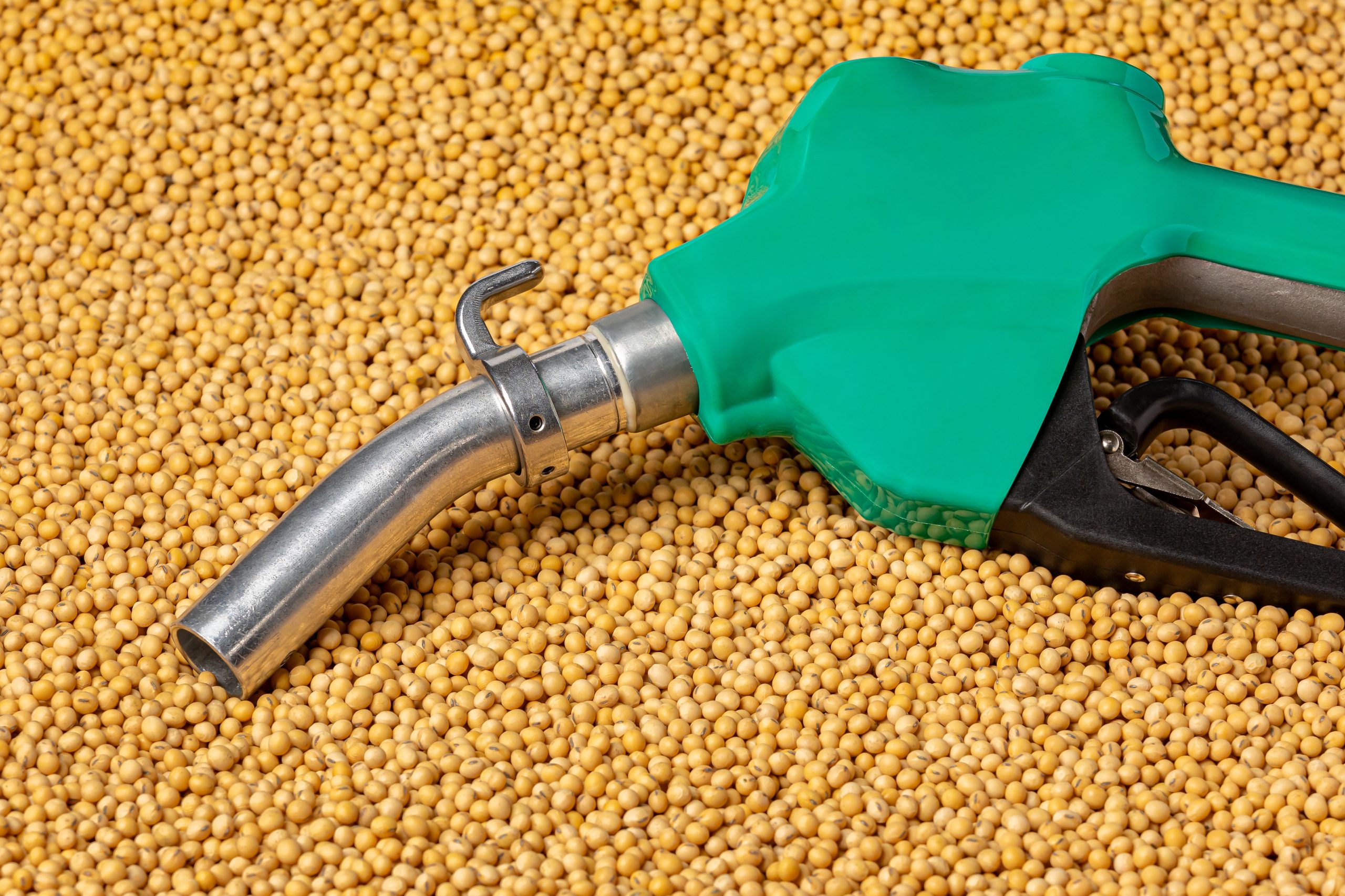
Last chance to halt deforestation-driving soy
Soy biodiesel emits twice as much as traditional diesel, yet it is still considered a renewable fuel by the EU
Between 2015 and 2022 the consumption of soy biofuels grew fivefold in the European Union and they are the second cheapest biofuel on the market. At the same time, soy as a commodity is classified in the EU Deforestation-Free Regulation as one of the biggest drivers of deforestation in the world and palm and soy biofuels represent one third of volumes but two thirds of biodiesel CO2 emissions in the EU in 2022.
Nonetheless, soy biofuels are currently promoted in the Renewable Energy Directive (RED) as a sustainable alternative to decarbonise the transport sector. At the national level, four countries (France, Denmark, the Netherlands and Belgium) have decided to go a step further to tackle soy biofuels, but some of the major producers and consumers of soy biofuels such as Spain and Germany are still reluctant to do so.
Trade interests appear to be the biggest obstacle to phasing out soy biofuels from the Renewable Energy Directive as Europe is importing almost 90% of its soy for biodiesel production from the US, Argentina and Brazil. The US has been lobbying against such a decision since 2018 when Trump and Juncker agreed to increase trade in several areas and notably soybeans.
The European Commission is currently updating the report on high ILUC risk feedstocks, based on which it will revise the corresponding Delegated Act. The Commission has been late in producing this report, which was due in June 2021, and the deadline for the revision of the Delegated Act itself expired in September 2023. Both processes should not be further delayed as the EU has another chance now to stop incentivizing soy biofuels before it gets too late and deforestation gets to a point of no return.
